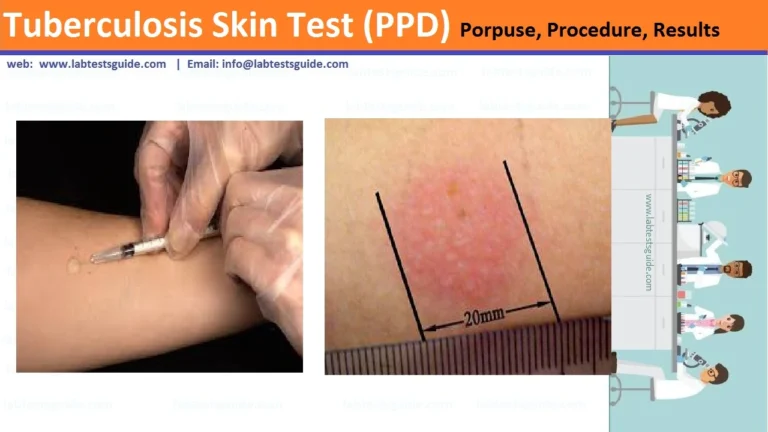Rh antibody titre refers to the measurement of the concentration or level of Rh antibodies in a person’s blood. Rh antibodies are produced by the immune system in response to exposure to Rh antigens, which are found on the surface of red blood cells. The Rh factor is an important blood group system, and incompatibility between the Rh factor of a pregnant woman and her fetus can lead to complications.

An HR positive person cannot donate blood to an HR negative person. If they did, the recipient’s body would produce specific antibodies against the RH protein and cause a transfusion reaction in the recipient, which could be fatal in extreme cases.
Why Performed This Test:
Rh antibody titers are prescribed for pregnant women who test positive for the presence of Rh antibodies.
While the woman may not have any symptoms related to Rh incompatibility. Her baby may have the following conditions:
- Hemolytic anemia: This is a condition caused by the rapid destruction of red blood cells. Some of the symptoms of hemolytic anemia are:
- Big abdomen
- Lack of energy
- Jaundice (yellow discoloration of the skin and the white part of the eyes)
- Pale skin
- Rapid breathing
- Rapid heartbeat
- Hydrops fetalis: This is a condition in which fluid builds up in various parts of the body. Some of the symptoms seen are:
- Excess fluid in the stomach, lungs, or scalp
- Large liver, spleen or heart
Test Preparation:
No need any Preparation for this test
Results:
Normal Results:
A normal test result will be reported as compatible, i.e. no Rh antibodies are found.
Abnormal results:
A titer greater than 1:4 indicates Rh incompatibility (Rh alloimmunization).
An antibody titer level of 1:8 or less can easily be managed by checking the mother’s antibody levels. However, if the titer values are 1:16 or more, it is necessary to check the health of the baby.
Home | Blog | About Us | Contact Us | Disclaimer
Possible References Used




